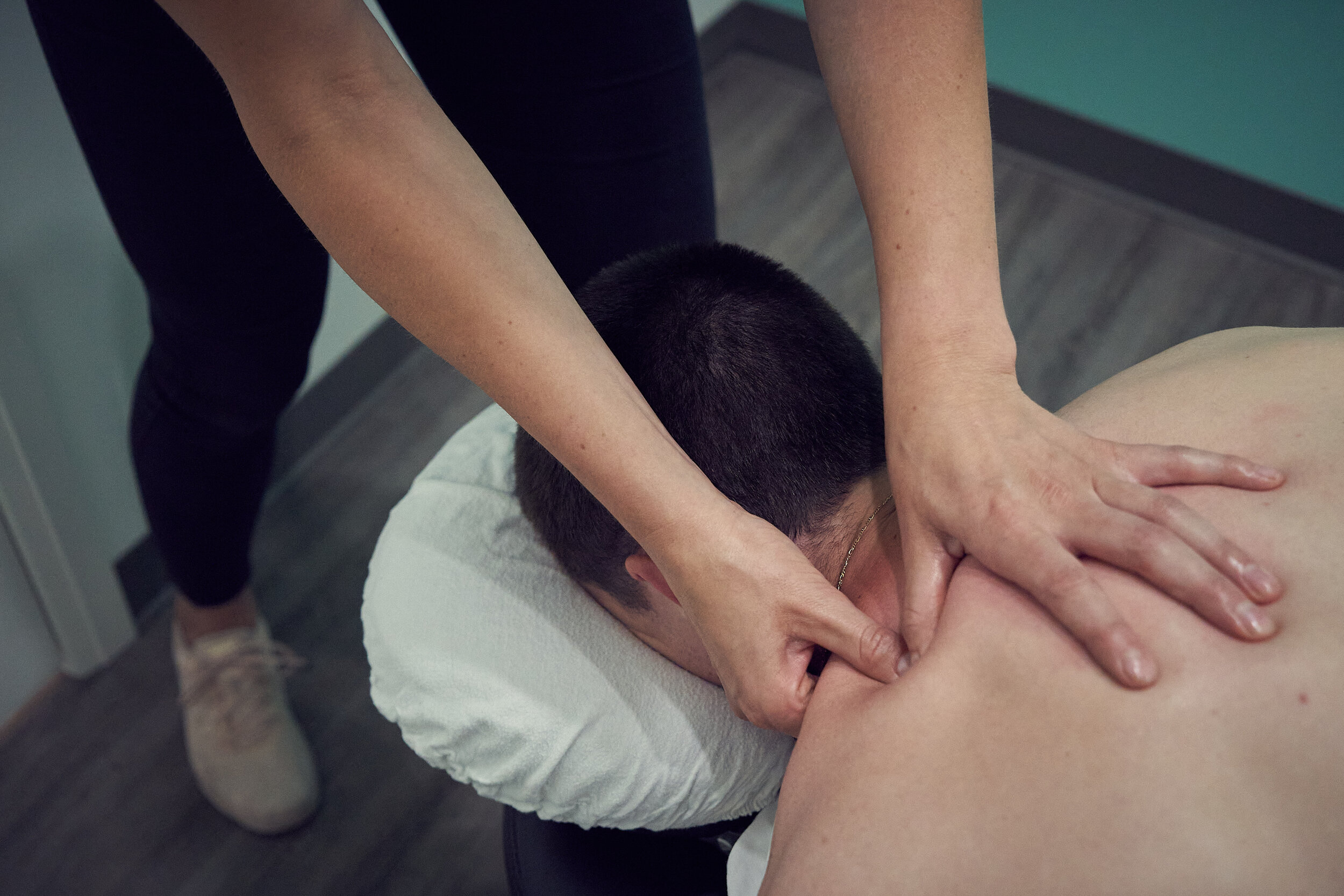
Protecting your brain
Concussion Management & Expectations
We serve an important role in managing concussions by providing immediate service to those who have sustained a concussion. One of the tools we use to assist in the recovery process is the administration of ImPACT® testing, the most-widely used and most scientifically validated Computerized Neurocognitive Evaluation System.
We provide treatment systems that are typically affected by a concussion, particularly among those who are experiencing delayed recovery. We also offer concussion education and awareness.
*Acute concussions will be provided management assistance within 48 hours.
Concussion symptoms present in a variety of ways. Each concussion sustained needs to be addressed according to its unique symptoms. Concussions typically resolve in 48-72 hours. Symptoms that continue beyond this time frame mean that the individual requires professional assistance.
Vision Rehabilitation
The eyes are the gateway into the brain, as the visual system is involved in most cognitive activities and abilities. Visual impairments can lead to not only blurred or distorted vision, but also balance issues, dizziness, headaches, errors in depth perception and spatial awareness, and head posture changes. It can lead to light, colour and movement sensitivities making simple activities fatiguing, overwhelming or even nauseating. Vision rehabilitation is effective in helping improve these visual impairments and subsequent deficits, helping you return confidently back to your active life.

ImPACT® Test
(Immediate Post-Concussion Assessment and Cognitive Testing) provides baseline testing for for all athletes especially those in contact sports. This computerized neurocognitive testing is done pre-season and assists with recovery if the athlete sustains a concussion.
Contact us to set up your ImPACT® Baseline Test before you start your season.
Concussion:
Education. Testing. Treatment
Assessment
The assessment includes a detailed history involving the SCAT 5 (Sport Concussion Assessment Tool). It is important that a thorough assessment of the history of the concussion and the days after be evaluated.
Treatment
Immediate treatment. It is important that a concussion be dealt with quickly and appropriately to prevent a prolonged recovery or post-concussion signs and symptoms.
A detailed home program will be developed in co-relation with the dominant signs and symptoms to assist with the recovery.
Assessment Detail
Assessment in the clinic will include the following tests/screens:
ImPACT Neurocognitive Testing
Balance Testing
Ocular Motor Screening
Neck Proprioception Testing
Vertigo Testing
Vestibular Ocular Reflex Testing
Motion Sensitivity Testing
Neck Treatments
Return to play/work program
*See sample illustrations below
Assessment Detail
ImPACT Neurocognitive Testing
Scientifically validated computerized testing is used to evaluate the severity of a concussion and, by comparing ongoing results to a baseline test, to track recovery.
Ocular Motor Screen
A screening tool to help detect how the systems responsible for integrating vision, balance, and movement have been affected by a concussion.
Vertigo
Vertigo is the sense of spinning dizziness that may be experienced after sustaining a concussion.
Neck Treatments
Soft tissues injuries are commonly sustained to the area of the neck after sustaining a concussion. Any sprain or strain of soft tissue in the neck area can cause symptoms such as ongoing headaches.
Balance Testing
Balance disorders can lead to symptoms of dizziness, headache, and vertigo. Exercises to restore balance will minimize these symptoms and assist in the recovery of a concussion.
Neck proprioception
An assessment of one’s awareness of the position of the head in relation to the body, particularly with movement. Poor proprioception can lead to a prolonged recovery of the symptoms from a concussion.
Vestibular Ocular Reflex/Motion Sensitivity
A screening tool used to assess the ability to see clearly while doing movements. Particularly with fast movements, a concussion can cause dizziness and headaches in these situations.
Return to play/work program
It is important to develop an individualized program of modified hours and activities when returning to work/play after a concussion. It is necessary to monitor and adjust the program to ensure that the symptoms will not return due to inappropriate management as activity levels are increased after rest.

Active Life Rehab+ Massage
The trained therapist provides hands-on-techniques. The body is able to achieve multiple benefits from increased flexibility, reduced tension and headaches to improved healing and pain relief, especially when coupled in the rehabilitation phases.
Our bodies respond to massage therapy and benefit from massage under a variety of circumstances from post injury to regular recovery, during and after a stressful event, for regular recovery assistance from daily rigour of life, work and play.









